|
On April 9th, Breakthrough Training Center had the pleasure of demoing three of our Entrepreneurship teams at Project Invent's Demo Day X San Diego hosted at e3 Civic High. Project Invent features a design thinking, Arduino-based curriculum that emphasizes working with a Community Partner to interview, identify problems, and iterate designs with. This was our second year participating in Project Invent after team Earth Ice participated last year in a virtual Demo Day X. We've seen amazing results incorporating the education at Project Invent into our own project based learning, collaboration-competition team-based Entrepreneurship program. This was the first in-person entrepreneurship tournament our students have participated in over two years! It was an exciting time for all of the students and teams who participated: eLert featuring Colin Weng, Andy Zhu, Iliana Zhou, and Jayden Mei, is a smart home device that combines the features of a fire alarm, earthquake alert, and air quality sensor all in one to provide Everything Alert. eLert did extensive work on their prototype, which featured both a fully realized hardware and software component thanks to the technical wizardry of the team's Chief Technology Officer, Andy Zhu. Leaf Cycle featuring Jenny Zheng, Kathleen Cheng, Melody Fang, and Sussanna Cao, is an autodetecting trash can that automatically unloads itself when its been filled, designed specifically for public and theme parks. Leaf Cycle took home the Explorer Award, given to the team that most explored their problem. The panel of judges highlighted the robust survey Leaf Cycle conducted, featuring over 100 participants with a range of excellent questions that helped them scope their concept. Fire Flakes featuring Jessica Wang, Sophie Lin, Izzy Bella Song, and Verena Wong, is a mesh fire detection system designed to be placed over acres of land vulnerable to wildfire such as forests and homes located in rural areas. Fire Flakes took home the Moonshot Award, given to the project that best tackled some of the world's largest problems. Fire Flakes partnered with local firefighters in LA and Ventura County to help inform their idea, which has been two years in the making. Congratulations to all of our teams! We wrap our entrepreneurship season with Project Echo on May 22nd, 2022.
Ad astra per aspera. - Coach Ray Breakthrough Training Center is an after school education center located in Arcadia, California whose purpose is to help students find their purpose. For more information on our Entrepreneurship Program, check out our website.
1 Comment
COVID-19 presented Breakthrough Training Center’s Teen Entrepreneurship Workshop unprecedented challenges: pivoting to a completely virtual model using a combination of online communication tools, discovering how to forge strong team dynamics despite never meeting in-person, and ideating and executing sustainable business concepts that could be carried out even in the midst of a pandemic. In the midst of all of these unique challenges, our students thrived and our coaching team adapted, embracing the hurdles as new opportunities to innovate and cover uncharted territory. Using a combination of in-class lessons, working group sessions, business models, guest-speakers, and other resources, our coaching team, under the direction of lead coach, Ray Chou, remained resilient. And our efforts paid off! On Sunday, May 17th our entrepreneurship students competed in the 17th annual Project Echo High School Entrepreneurship Business Plan Competition, sponsored by the UCLA Anderson School of Management. Over 200 students and over 36 teams competed in the virtual pitch competition and eleven teams took home prize money ranging from $250 to $2000, in addition to valuable personal and professional skills. Here’s what Ray had to say: "The award feels like we're on the right path in terms of what we want to accomplish with our school and programs. I'm grateful to Project ECHO for the opportunity, recognition, and most of all providing a platform for young high schoolers to experience entrepreneurship firsthand." We’re so proud of all of our teams who competed in Project Echo—every student who followed through, persisted, and dared to dream BIG with us!
Hello Everybody! Today I'd like to tackle what I'm sure is a hot topic in education right now... the digital classroom! So first of all a lot of teachers are scrambling because of how quickly this all happened. Most kids left school on Friday only to learn they all of a sudden have an extended holiday until April or May. We're not sure right now, but it's looking like the rest of the school year might just sort of be paused or cancelled right now. Teachers are probably in a similar boat. I'm sure they've all had to react tremendously fast to put infrastructure in place ASAP. Those that bother to do so, anyway. A lot of our students are reporting back with mixed results. A lot of people are trying to figure out the best way to do it. We had our first online day this past Sunday and it went okay. To support our classes, we decided to go with three platforms: Google Classroom, Discord, and Twitch. Below I'll get into a little bit of why for each one. --------------------- Google Classroom we've already been using to manage our classes for a couple of years and it's ability to index and log assignments is fantastic. We use it primarily as a means to organize the class including attendance, assignments, and readings. An important thing to remember is that a certain amount of your students just will not bother checking things. It doesn't matter how many emails or notices you send on the various platforms, they'll just have their heads in the skies and somehow miss the notifications you send out. To notify students digitally, it's best to send them pings throughout all of the digital outlets you use + email if possible. Even then you know the drill... Discord is a chat platform similar to the work platform Slack. It features a centralized server with many sub channels and voice channels along with robust link and image sharing. It's a younger skewing platform that a lot of kids use to play games with each other and build communities. I think in a lot of ways the functionality of Discord is streets ahead of Slack... and it's free. Each team of students has their own voice and text chat which only they can and the Coaches can see. We do this so teams have their own private space in which to work. I think this is a very important concept when it comes to virtual work - privacy is key! Nobody likes it having someone look over their shoulder 24/7. Give the students room to do their assignments by themselves and each other instead of having them on the line the entire time. Crucially, too, the kids are on it and know how to troubleshoot if need be. Twitch is a streaming platform for gamers and gaming culture. I use Twitch because outside of pornographic webcam platforms it's the most widely used and adapted stream platform in the world. The kids are familiar with twitch because again games and we stream our lectures at the beginning and end of class to the audience, 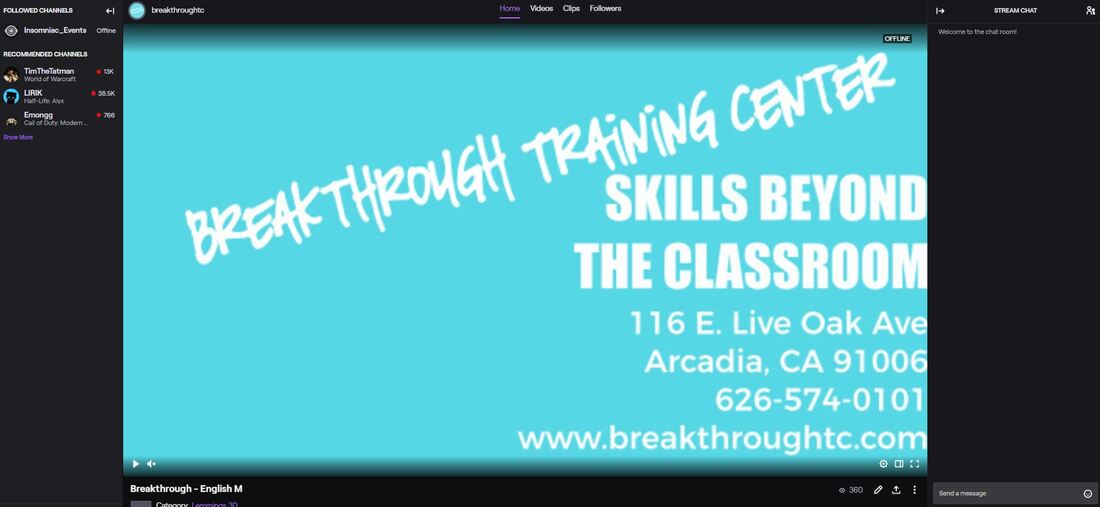 Personally, I don't think it's important to see students when you're teaching them virtually. More important is communicating with them when you need to (which can be accomplished by voicechat or text) BUT - I do think it's important for them to see you. A teacher's job is to lead and guide and I believe seeing someone communicate directly is necessary for that. Speeches have always been an important part of leadership :D. ----------- Next time I'll tackle some lessons I've learned after another week! Design, test, and iterate! Coach Ray Today marks the second day of what has been novelty coined as 'Social Distancing.' In the United States we are in semi-quarantine, mandated somewhat by the various states of emergency but for the most part voluntarily enforced. I suppose you could really go out and get a pint if you really wanted to, but do you really want to in a time like this...? The answer is yes, I really do. BUT! - in the interest of the public at large, I will refrain and enjoy my pint at home, thank you very much.
Usually Sunday's are my busy teaching day with Breakthrough running six sessions of classes between 10 am - 6 pm. We announced a postponement of classes Friday and will reevaluate the situation as the weeks go by. A lot of things are probably going to change because of the Wuhan. Businesswise, I think it's reasonable to expect a 'new normal' as a result of what's happening to the economy... survival of the fittest, or most well equipped to deal with the sudden change in social ergo economic behaviors. Last recession, many businesses did not rehire at a rate commiserate with their economic recovery as they realized they could be equally or more efficient with less bloat on salary. Something similar is probably going to shake out when this is all said and done. In terms of my business, one 'bold prediction' I'll make is that this looming economic downturn will catalyze the adoption and popularity of online classes. That all said, creating online coursework has been on one of Breakthrough's 'To-Do' lists for quite a while. Might as well use the time I would otherwise be spending at school teaching designing, and doing it with you, my loyal blog audience! Anyway~~ ------------------ Models The first thing I do when designing something is look at what's already out there in the current market, who does what well, and what can be improved. Here's what I'm looking at as models for our own curriculum: International Writing Program: MOOC Packs Did you know that MOOC stands for 'massive open online course'? I did not until I visited this site! I am all for sharing resources and free education... hence this blog. I am also all about making money off of education... hence my school. Here's to hoping for much more of both in 2020! Anyway... back to analysis. So, I really like how each class is broken down in the IWP program. Each MOOC-PACK (module) contains five sessions, further broken down into four segments per lesson:
A couple of random thoughts post-analysis of the IWP model: Engagement
MasterClass So, a little bit of background: I asked for a copy of Aaron Sorkin's Screenwriting Master Class for Christmas back in... 2017, I want to say? My sister got it for me, bless her soul, and ... I stopped on lesson 7/35 - the one titled "Writing Habits.' I know I know. Ze Irony is Delicions. Before I get into why I wasn't engaged let's get to the break down!
That's a lot of words! I'm going to check out some more classes like MIT Open Courses and whatever else is online and free. If you have any recommendations or thoughts, let me know in the space below! - Ray (PS I don't know how to get rid of the bullet point at the bottom of this). The world seems like a particularly scary place this week. Markets are down all over the world, Italy and China are under quarantine, and it seems like this is only the beginning of the COVID19 (previously known as Corona, previously known as the Wuhan) epidemic. Everyone's been saying we're overdue for a recession, and a global emergency seems like as good a bet of any to be the catalyst for such a thing...
So anyway, that's been on my mind lately! I've also been thinking back to the last time there was a recession, way back in 2008. I was but a wee lad of 20 just entering my junior year of college at NYU. Though the ground events were happening hard and fast right mere miles away, I really had no sense of what was going on or what it all meant. To be honest, I didn't think it would affect me at all. It was that perfect blend of upbringing, ego, and youth - see, I was always taught that if you work hard and keep your head down, you'd be able to succeed no matter what. That's the mantra we're given at school and at home. Do your work, do it well, let the rest sort itself out. Except it doesn't always shake out like that, does it? Sometimes you get swept up in a thing out of your control, like a global pandemic or global recession. Or a global pandemic leading to global recession. Anyway - the point I want to reiterate is that I had no real sense of what a recession was or how it could effect the last time one happened, and I'd be willing to be a couple of pennies that many of my students are in the same position I was back in 2008! So... part of my week has been spent wondering how to best teach global economics and recession in a way that will be understandable to my kids. And of course the subtext behind all understanding is teaching. Off the top of my head, here are some ideas I'm floating around: Gamification - The economy is an interaction of participants. Creating some sort of barter /. currency game that shows how global supply chains work and how they can be disrupted by something like COVID seems like a cool way to learn. Caveat: I don't think my own understanding of the economy is strong enough to abstract something so complicated into a fun and meaningful game. So hmmm. Group Discussion - Always a good choice as it gives you a framework to bounce off of and when done well can create agency and participation among students. The key to any sort of group discussion is building enough kindling of information for the students to be able to take and run with... and if there isn't enough ideas bouncing around.. well, we've all had bad group discussions in the past, right? I'll probably implement some form of a group discussion and supplement it with a list of say ten questions that help stimulate debate. Alright, let's just hash it out here:
3. Article Sharing - Coach Miles recommended Marketplace's How worried should we be about the COVID-19 and the economy? I guess the litmus test is if something helps you understand, it stands to reason it will help your students understand. Yeah, that makes a lot of sense. On the flipside, articles take a while to read and process and letting that take over a 1-2 hour session is also not the most engaging or stimulating use of a student's time. The radio show above is 27 minutes... hm. ----------------------------------- So yeah, I don't really have the answers right now. I don't think anyone does. Some other random thoughts associated with COVID19 / the economy:
Okay, that's it from me. Keep calm and quarantine on! - Ray Ask most teachers and they'll tell you that the ideal learning scenario is when students become passionate about a subject and begin actively engaging, participating, and self-teaching themselves with minor course correction or feedback from the instructor. How,, though, to reach that point?
One of the major challenges I face as an educator is how to motivate my students. Because we are an after school academy, I can't leverage the threat of a permanent grade that has a bearing on a student's potential future like a traditional school. How then, do you get kids to do anything? Sure, some of them will of course willingly participate and engage, but I've found that without some sort of external pressure it can become extremely difficult to get students going. Here are three things that I've found helps motivate my students: 1. Collaboration When students work as a group, they have to hold each other accountable. The external pressure from a group environment is often strong enough to get them to participate, engage, and learn as a collective unit. Sometimes a strong leader in a group can lift the others up as they influence the whole by creating a culture of accountability and respect. Sometimes a student may have to step up in a void of ability or leadership and discover they are capable of more than their previously held perceptions. When collaboration works, it's a beautiful thing. On the flip side, sometimes group projects can go spectacularly wrong. This in and of itself is a learning experience, in my opinion. After all - most paths in life revolve around working or getting along with others. Better to learn young how you function in a group ( emotional intelligence) so that you can better deal with those types of environments that become more inevitable with age. The worst case scenario? The diffusal of responsibility. Instead of students holding each other accountable, egos dictate that of course it is not the individual's fault and the others share a greater burden in the collective failure. Fingers are pointed, frustrations raised, and excuses multiply in a petri dish. Parents can also be particularly guilty of this. Not my child, it was clearly X, Y, or Z's fault. Success has many parents but failure is almost inevitably always an orphan. 2. Competition Competition provides two important drives: deadlines and awards. Deadlines focus students on the task at hand and create linear pressure to perform and deliver by a certain date. As a deadline approaches, any party will naturally work harder to meet the deadline and deliver a final product - whether in the form of an essay, pitch, deck, speech, etc. As a creative, I know that without hard deadlines projects and tasks sometimes feel intangible and loose. A hard and firm date gives me something to aim for which in turn transforms ideas into deliverables. And who doesn't love an award? Awards are a confirmation of our abilities and perception of self. They help fuel confidence: in my opinion one of the most important predictors of future success. Some students naturally have a ton of confidence, while others need their confidence built up. Competition is one process by which confidence can grow leaps and bounds with a great result. On the flip side, missing too many deadlines can become habitual for a student, and habits are hard to correct. Similarly, confidence is a fragile thing at the best of times. A series of bad results or lack of external confirmation can lead someone to question their own worth. It's important as an educator to remind students that while competition is important, it does not ultimately define who you are unless you let it. 3. Project-Based Projects ask people to work together to create something. By nature, projects are defined by their participants within a given prompt. That prompt may be something like a skit or play, science experiment, or business proposal. Regardless, all projects require participants to create, and creation implies ownership. Project based learning thus inherently encourages students to take ownership of their educational experience. Whatever they create is in some ways a reflection of their personalities and abilities. The presence of an open ended, abstract prompt creates agency through the inherent question: what do you think is a good idea? My students are accustomed to being told what is good, worthy, or valuable. Read these works of literature. Learn these equations. Acquire these skills. And yes - all of which they are being encouraged to learn has of course been vetted by countless educators, agencies, and society at large. Being told what to do is at the opposite end of asking someone: what would you do? Projects thus put the onus on students by asking them to evaluate, set criteria, validate, and execute. These are all things most of us working adults have to go through daily, so why not emphasize that in what we teach? On the flip side, sometimes project scopes can be too broad, the prompts too abstract. The endless possibilities of the infinite can become paralyzing. In writing, this is known as "the blank page syndrome." Any sort of education requires guidance - I don't think you can just say "here's a project! have at it!" and be done with it. Doing so only compounds the issues inherent in both Collaboration and Competition.... Projects are a mulitiplier that cuts both ways. ------------------------------------------------ What have you found effective in motivating students? What is the ideal situation for you to learn in? Let me know in the comments below! Coach Ray It’s happening - the generation of individuals born between 1995 and 2010, or Generation Z, is now making its way into the workplace. While the emphasis of employers has mostly been on satisfying the needs of Millennial workers (who comprise about 50 to 75 percent of the global workforce), companies are now facing the need to attract even younger employees, too. Here are the key demands that Generation Z is making of the future workplace - and how it is changing the global work environment in the process. 1. Different training methods There is a wide generational gap at play in most modern companies. As Generation Z enters the workforce, organizations must learn how to prioritize training so that generational gaps involving communication, engagement, and collaboration can be addressed. A one-size-fits-all approach to company training will no longer work - managers need to find ways to reach young employees as well as those that have been in the workforce for decades. Generation Z employees will approach their training differently, too. These workers look at problem-solving in a different way, preferring to go at problems independently instead of being told what to do. Managers will need to provide workers with time management tools like Trello and Harvest to help them work independently - but also productively. 2. Unique office culture Generation Z employees are revolutionizing the way we approach office culture. Sixty-three percent of Generation Z workers feel that it is important to work with people who have diverse backgrounds, skills, and education levels. An even larger percentage of Generation Z workers say that a company’s level of diversity plays a major role in making their decision to work there. Companies will need to focus on developing an inclusive office culture. They can do this by recruiting without bias- whether conscious or unconscious -and offering inclusion trainings to help bridge the generational gaps. 3. Heightened emphasis on technology
This one may sound obvious, but Generation Z demands a greater utilization of technology in the workplace. This generation was raised on computers, and they want their careers to take advantage of all the tools out there. This generation was raised in the age of Google and the Great Recession, and knows the importance of being able to do things and find information for themselves. Therefore, companies will be tasked with supplying their employees with the technological tools they need to be self-driven, autonomous workers. Using tools like Plagiarism Checker Free is just one way that employers can encourage Generation Z workers to develop their own technology-based solutions to problems in the workplace. 4. Differentiated recruitment strategies Companies should be prepared to utilize new strategies to attract the best talent. Generation Z is highly focused on their day-to-day experiences at their jobs, so they will seek an organization that markets its corporate culture well. Employers will need to turn to digital solutions like LinkedIn, Instagram, and other social media networks to help prove to Generation Z employees that they offer a top-notch working environment. Last week, Breakthrough wrapped up its first ever pilot session of Civics in Action! 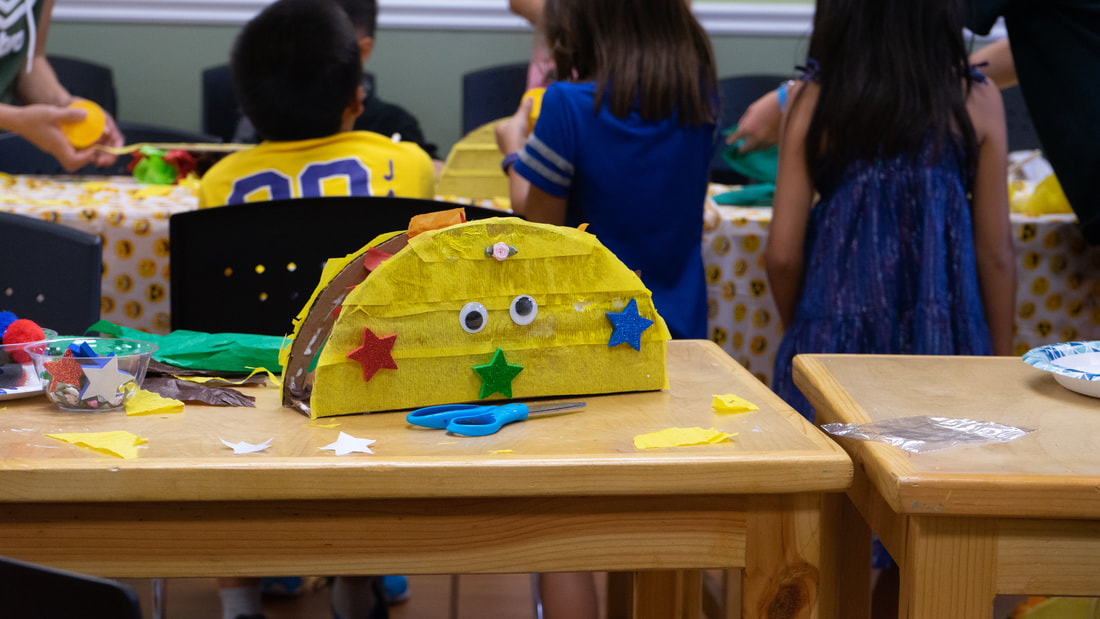 The focus of the class action of the class was on a civic-oriented project each student had to conceive of and execute as a team. Each project was driven by a simple ethos: be the change you want to see in your community. Along the way, students constantly examined and defined what that phrase meant to them. Some of their assignments included studying civic movements past and present, examining power structures, q&a's from civic activists, and taking part in class-wide volunteering for other social ventures like Street Soccer USA. 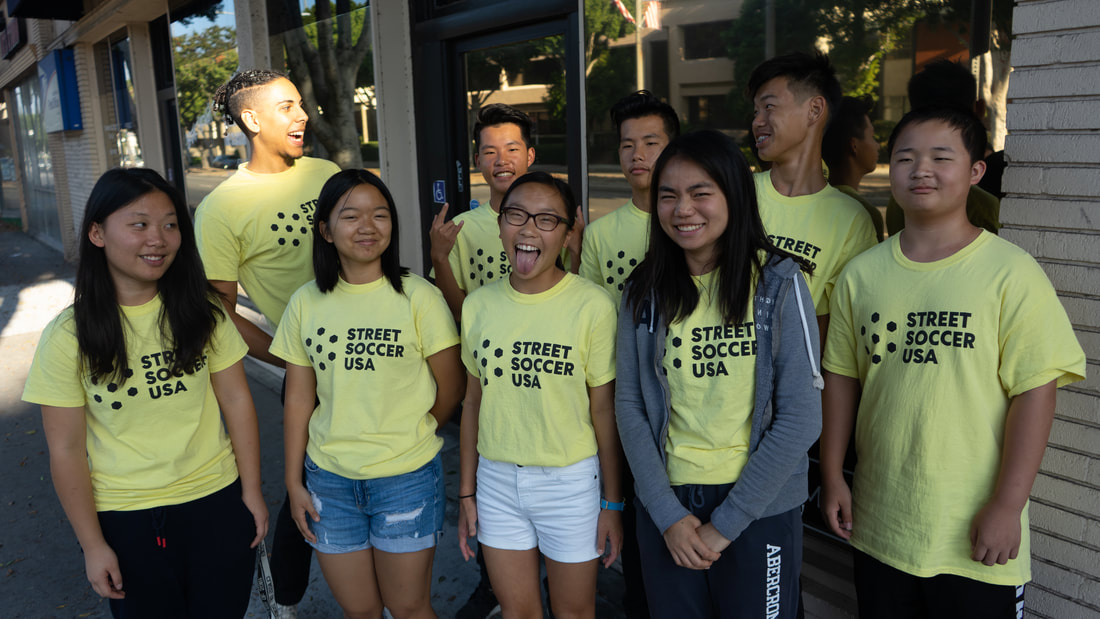 Our kids volunteered for Street Soccer USA's 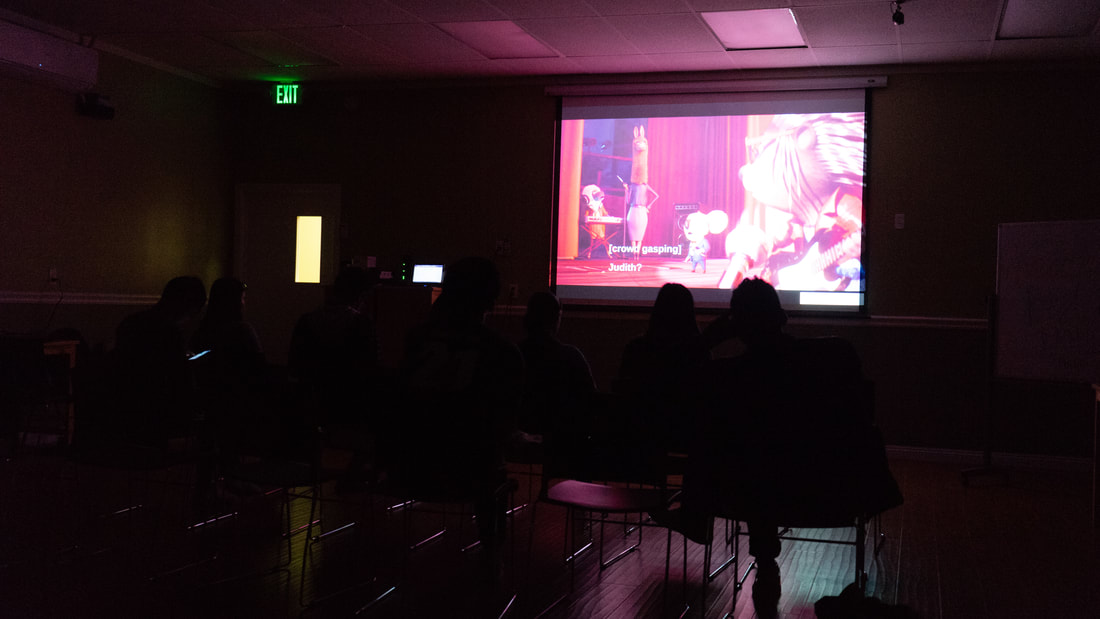 The last of the civics projects wrapped up last week. Some of the ideas included a movie night for learning disabled kids, a kids' crafts day where future proceeds benefit a nonprofit, a dance day, and a charity gaming tournament benefiting Extra Life. Sophie Lin's Krafts for Kids project drew in a lot of cute kids who had a great time! The student response to the class has been overwhelmingly positive. Nothing's better as an educator than feeling like you gave your kids a rewarding and meaningful experience. The dance group in action. We started the Civics program because we believe that now more than ever students need to learn how to take control of their futures. We also wanted students to experience firsthand the difficulties with actually creating something meaningful. They all had their share of setbacks. As Coaches, we tried to instill in them a never-say-die attitude, stressing that their ultimate success rested on their ability to solve problems. We also stressed how oftentimes that means just grinding it out. Deal with it. Fix it. Although the projects wrapped with various degrees of success, each student felt that they had learned a lot from their experiences. I know I did!
Civics in Action will be back next year, bigger and better than before! - Ray This year, Breakthrough again brought its Entrepreneurship Class to participate in the High School Business Plan Competitions of Project Echo at UCLA and of Diamond Challenge. Six teams represented Breakthrough this year, and of the six teams, two took back the first and second place in Project Echo's Technology category competition while one made finalist in Diamond Challenge. Project Echo is a non-profit organization formed in 1996 to provide at-risk students with vocational skills and entrepreneurship training and experience but has since expanded to include students from diverse academic and socioeconomic backgrounds. The annual Business Plan Competition is held at UCLA Anderson School of Management. The students pitch ideas which includes their R&D, financial analysis, industry surveillance, and marketing in three categories of food and beverage, retail, or technology. Executive level volunteer judges evaluate the teams and award cash prizes. The Diamond Challenge is one of the largest entrepreneurship competitions for high school students. It was formed by Horn Entrepreneurship, a cornerstone for entrepreneurial activity based at the University of Delaware. The Diamond Challenge shrives to empower the next generation "through entrepreneurial education and enrichment opportunities in order for students to create, capture, and deliver value from new ideas, regardless of their future career path" (Diamond Challenge). Our teams have been preparing since November, learning the skills necessary to effectively develop a business idea. Our teams' business plans included smart water bottles, a language learning app, and a time management tracking app. All our teams had a very edifying and fun time pitching their ideas and being able to participate and watch other teams. We're proud to announce that among the winners of Project Echo were Breakthrough's own Kai and Pendulum! Kai is made up of Elvin Chang, Selena He, Wendy Liu, and Jack Wang, and Pendulum is made up of Merry Jiao, Edward Jin, and George Liu. The two teams took 1st and 2nd place in the Technology category for their exceptional and professional business proposals. Another team that deserves an honorary mention is team Euphyte, consisting of Ada Duan, Kristy He, Daina Zhao, and Raymond Zhao, which made it to the top 6 teams in the Diamond Challenge. For more on Project Echo, click here. For more on the Diamond Challenge, click here. For more on our Entrepreneurship and other programs, click here. It's here! The day where tens of thousands of hopeful applicants have their dreams dashed, while a lucky few experience probably the best day yet of their young lives. For those who feel rejected and dejected - I'm sorry. The odds were stacked against you from the beginning. Use the experience as an opportunity to fuel your ambition. You have the best years of your life just ahead of you, and no matter where you go I know that you will grow. The Los Angeles Times published a very interesting Op-Ed two days ago: The Asian American Pursuit of PrestigePretty timely from them, right?! And now timely of us to piggy-back with a blog post. Some interesting thoughts in the article: "Asian Americans are more likely than other groups to believe that attending an elite university — and preferably an Ivy League one — is a necessary step to a successful career." That statement rings so true to me. Through my involvement with ACE: NextGen I've often thought about the general disparity and apathy among different Asian American groups. Unlike other minority groups, we just don't care to move and act as a voting block. The one thing that binds us is our shared value of education. As a group, I would venture to say that Asian Americans care more about education than any other minority. "There is at least one clear reason for the emphasis on prestige: Elite credentials are seen as a safeguard against discrimination in the labor market." Asians, discriminated against? Say it ain't so! "White men and women are twice as likely as Asians to hold executive positions. And while white women are breaking through the glass ceiling, Asian women are not." Oh. Well, that sucks. "Asians are often viewed as smart, diligent, focused, quiet and technically competent — traits that make them desirable employees, but not desirable leaders." Philosophically, I think a lot of the stereotype stems from a broad and abstract differences in how the two cultures - Occidental and Oriental - view the world. Much of eastern philosophy stems from the idea that we are part of a greater whole, that time is cyclical, and we are just one small part of the vast universe. Western philosophy on the other hand dictates the importance of the individual, imposing a theory of the universe as solveable as opposed to ultimately unknowable. Asian Americans and other two culture kids have the unique opportunity to experience and rectify both points of view. And maybe, just maybe, that should be seen as an advantage? "But our research also indicates that Asian Americans are less likely than white and black Americans to engage in civic activity, which is strongly correlated with corporate leadership." Totally true, and why Breakthrough has decided to start a Civics program. ------------------ It's hard to change broad cultural stereotypes. Understanding, education, and action. We at Breakthrough employ all three to train our students, the majority of whom are Asian American, to prepare them for a better future, and to hopefully one day tear down that bamboo ceiling. Ray |
AboutThe official blog of Breakthrough. Check back often for insights on life, college, and more! Archives
April 2022
Categories |

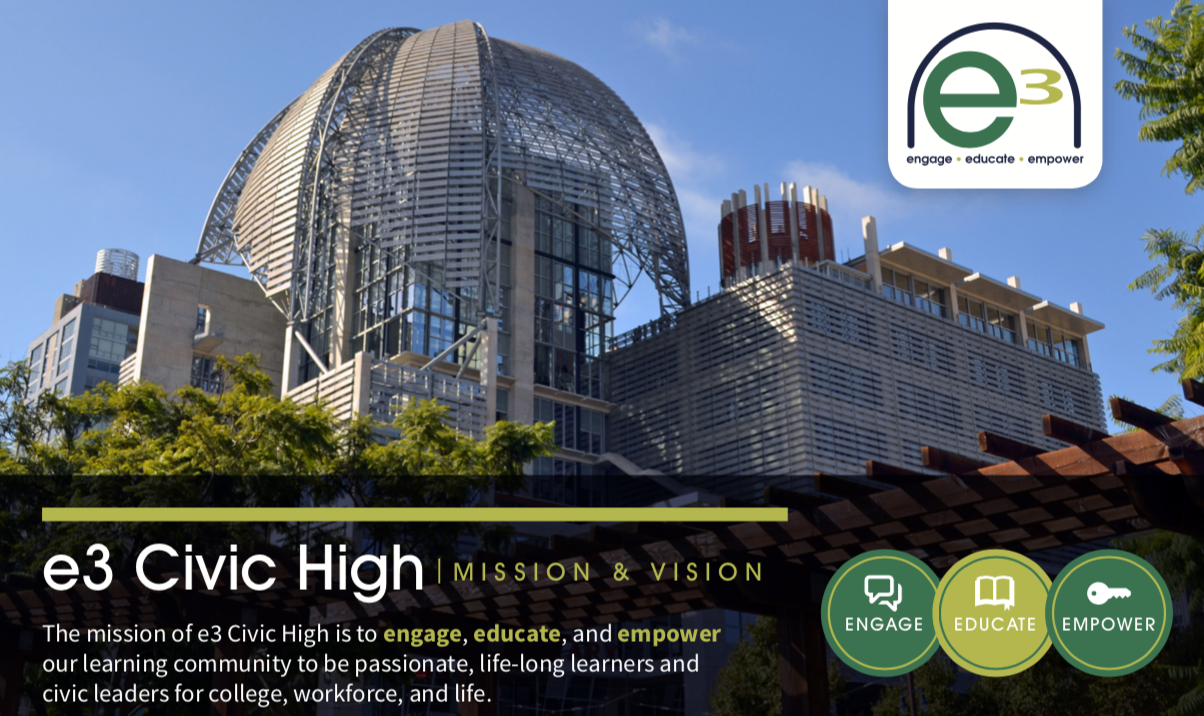
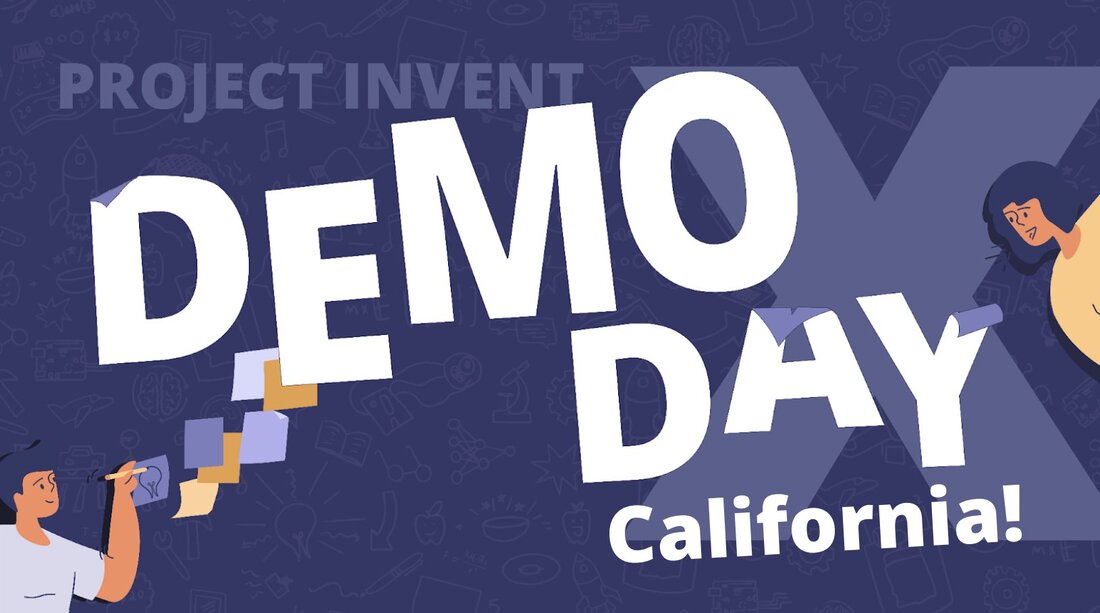
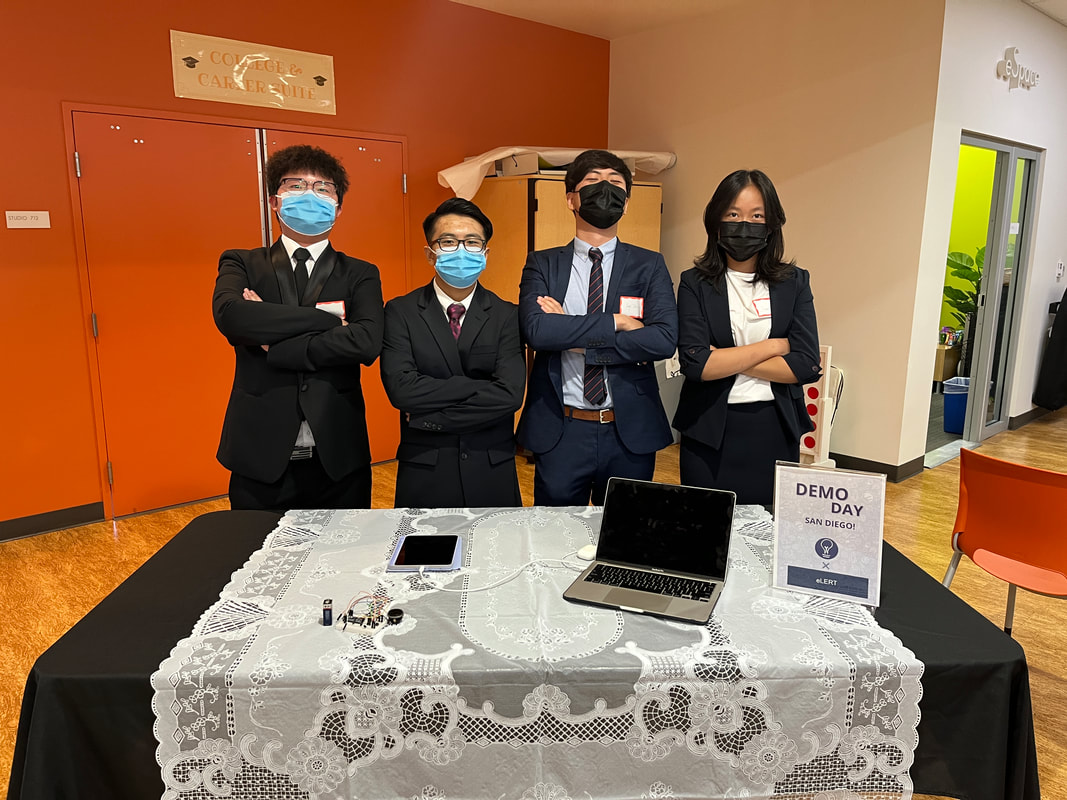
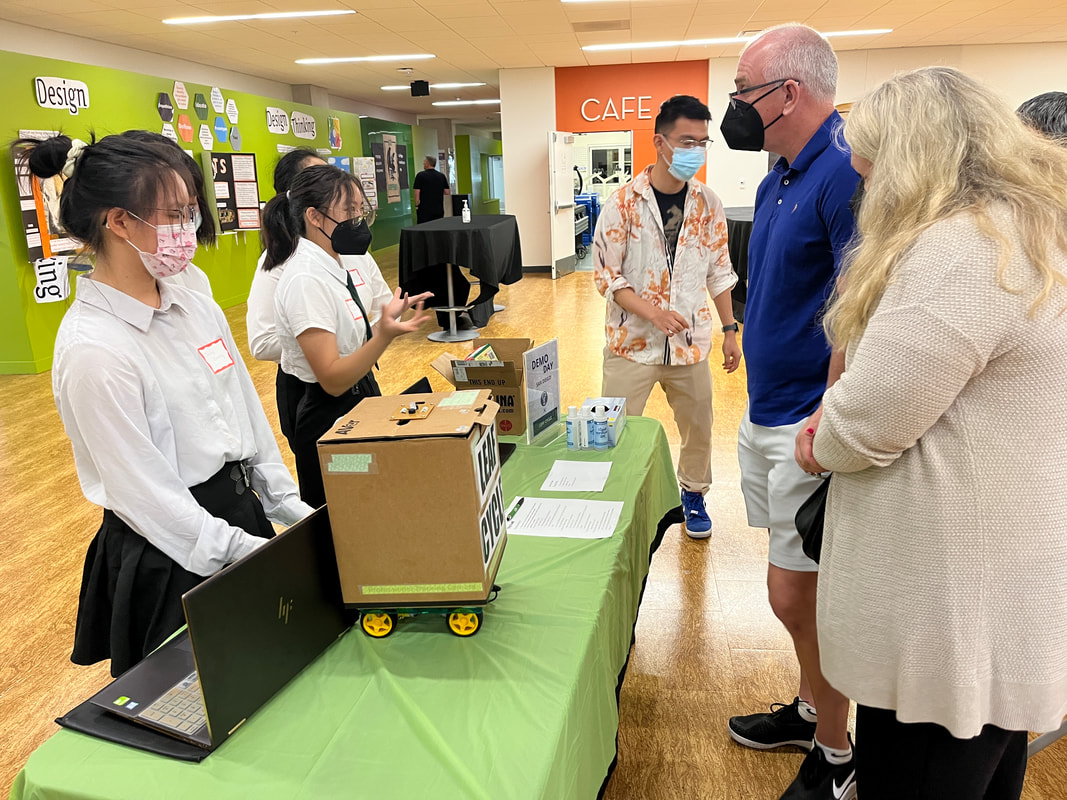
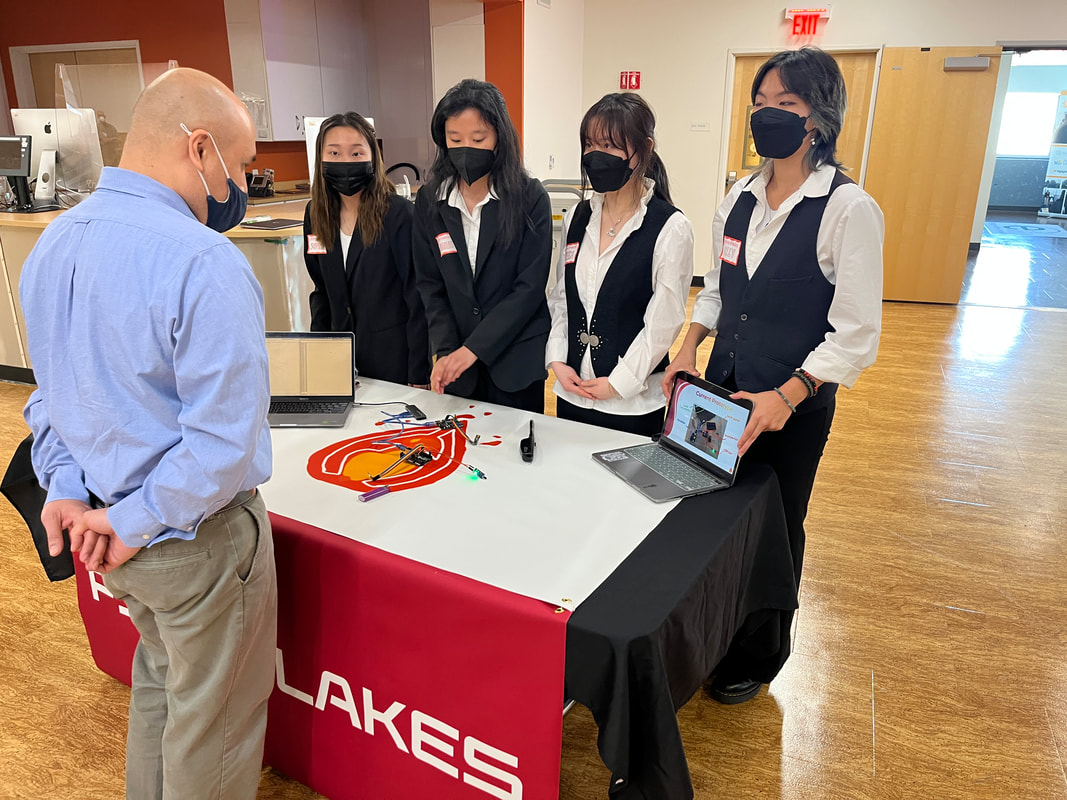

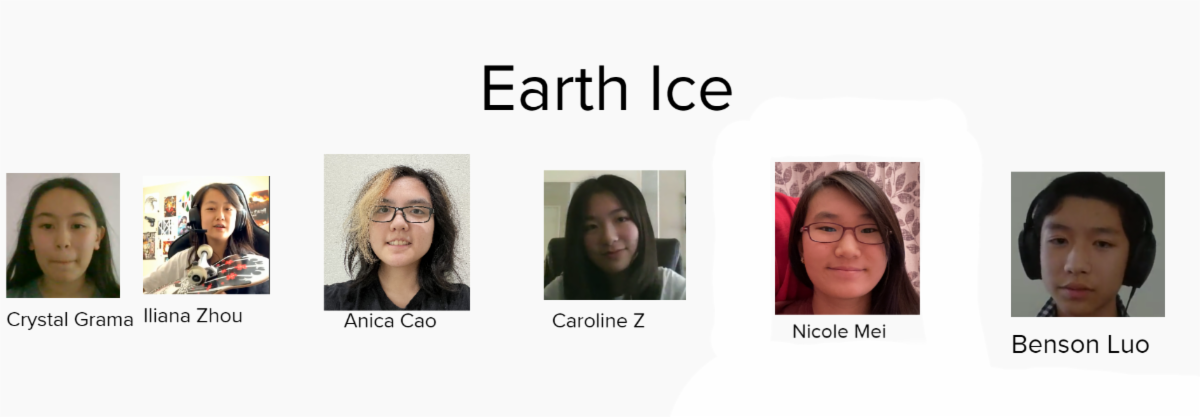
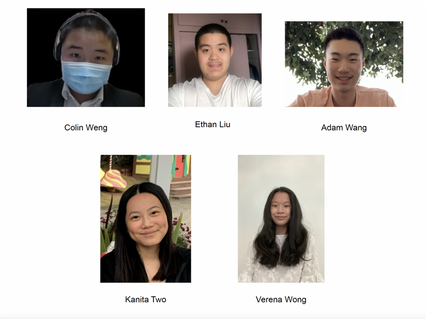
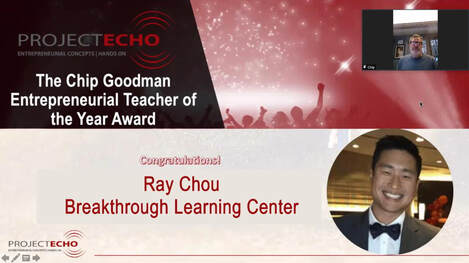
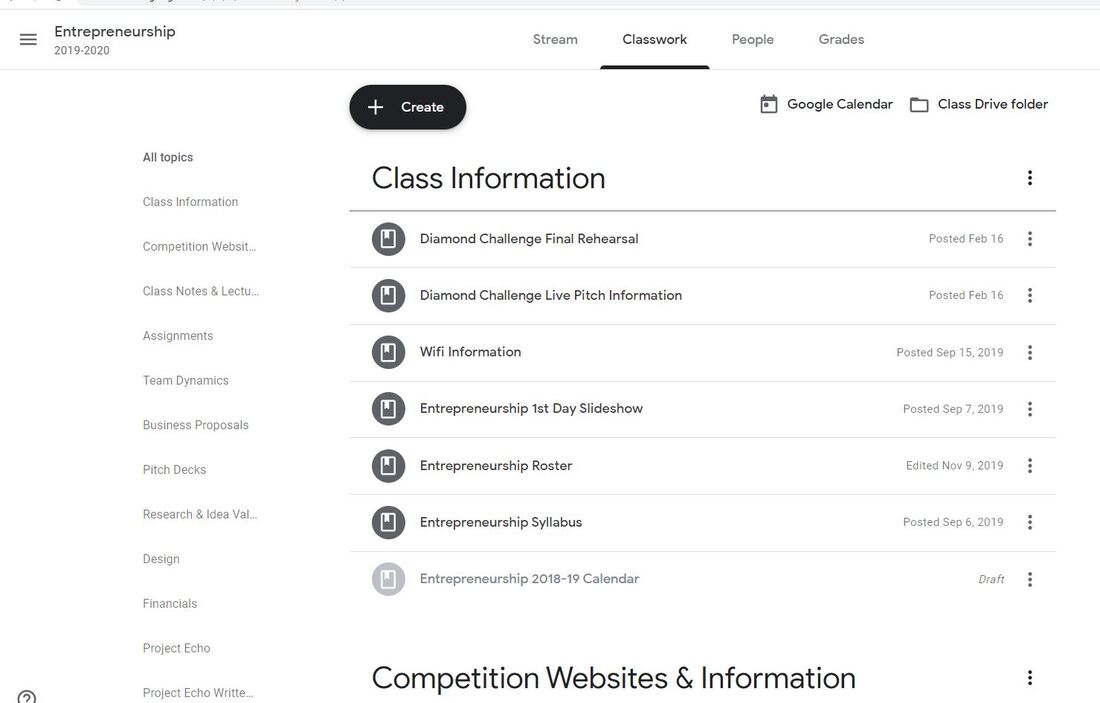
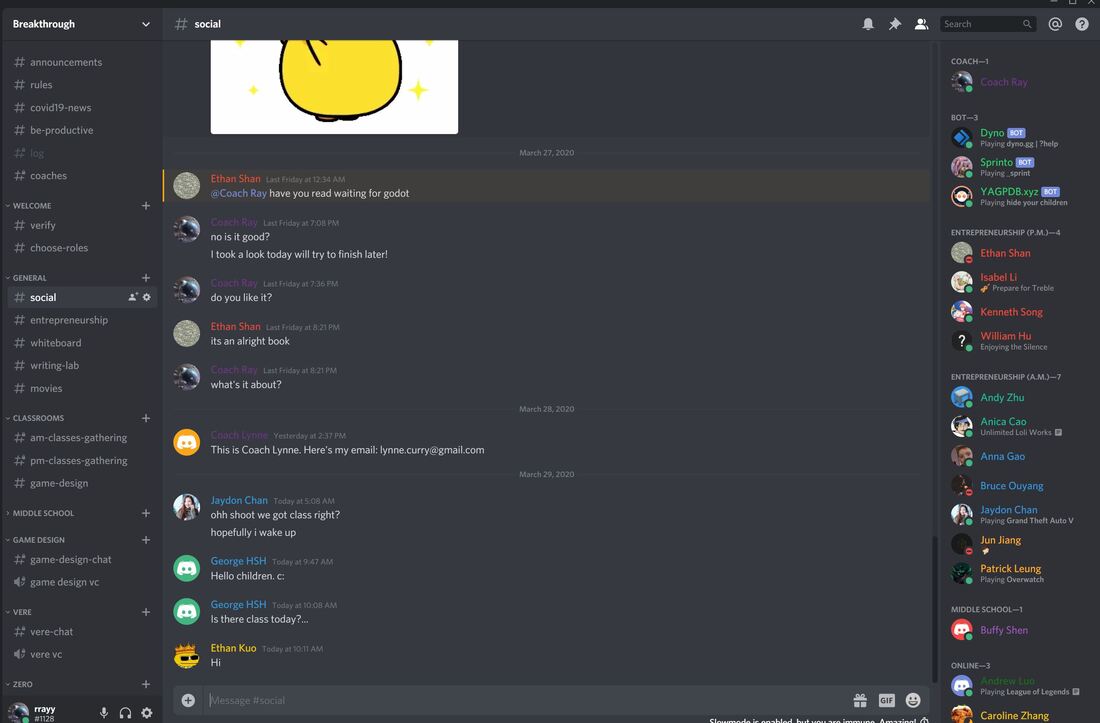

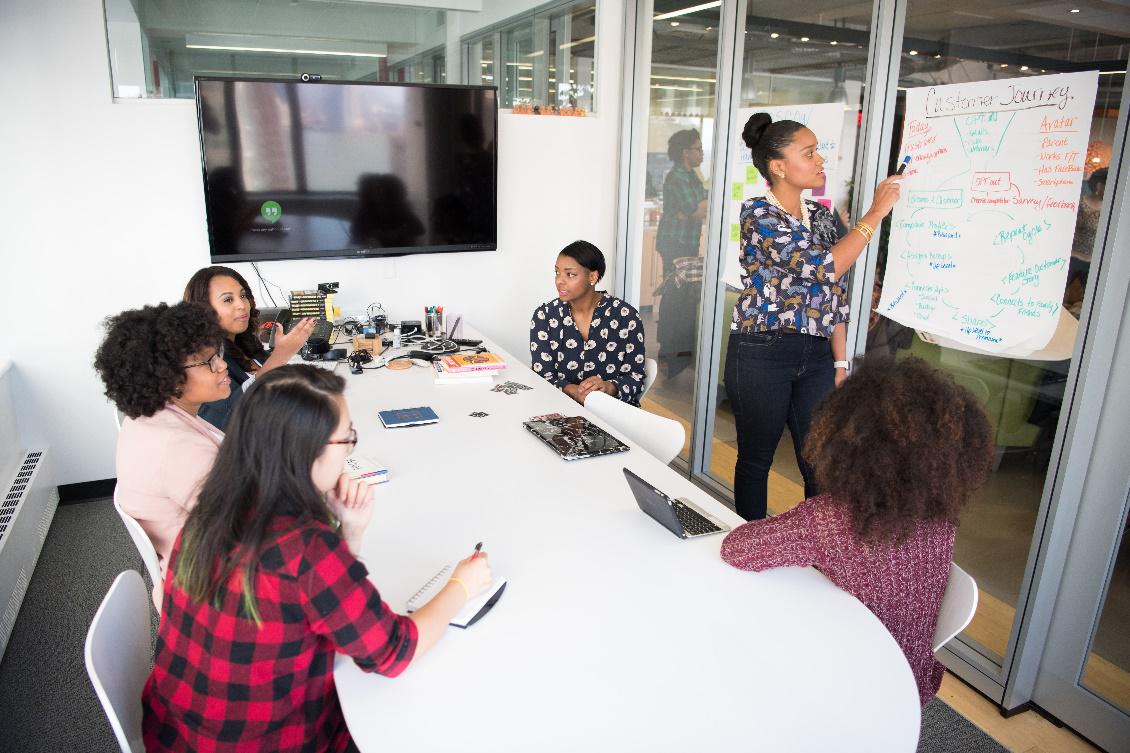

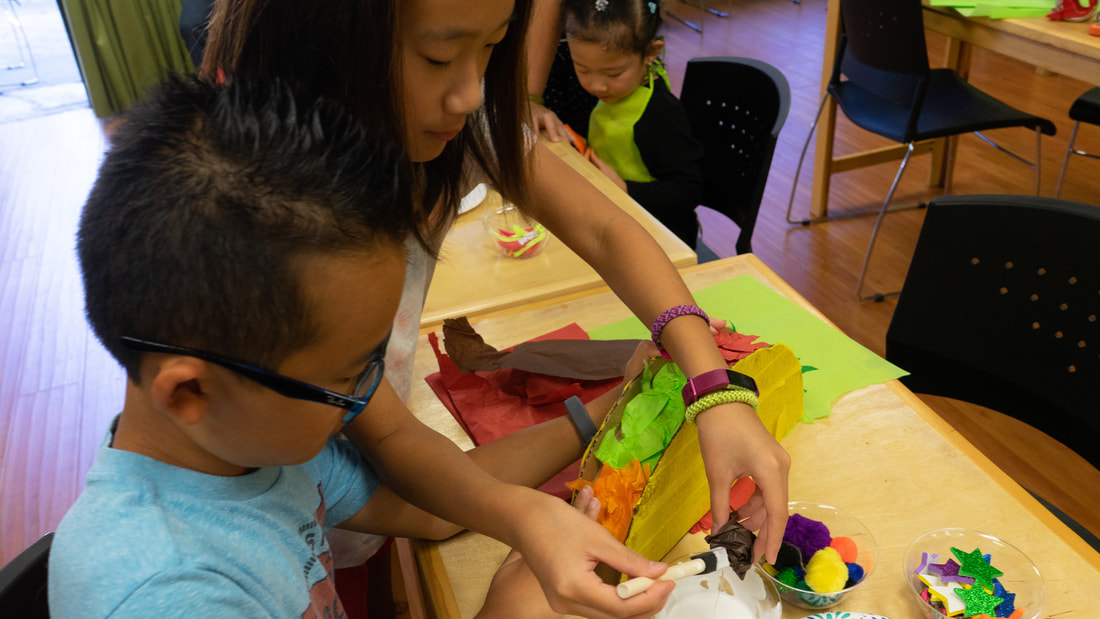
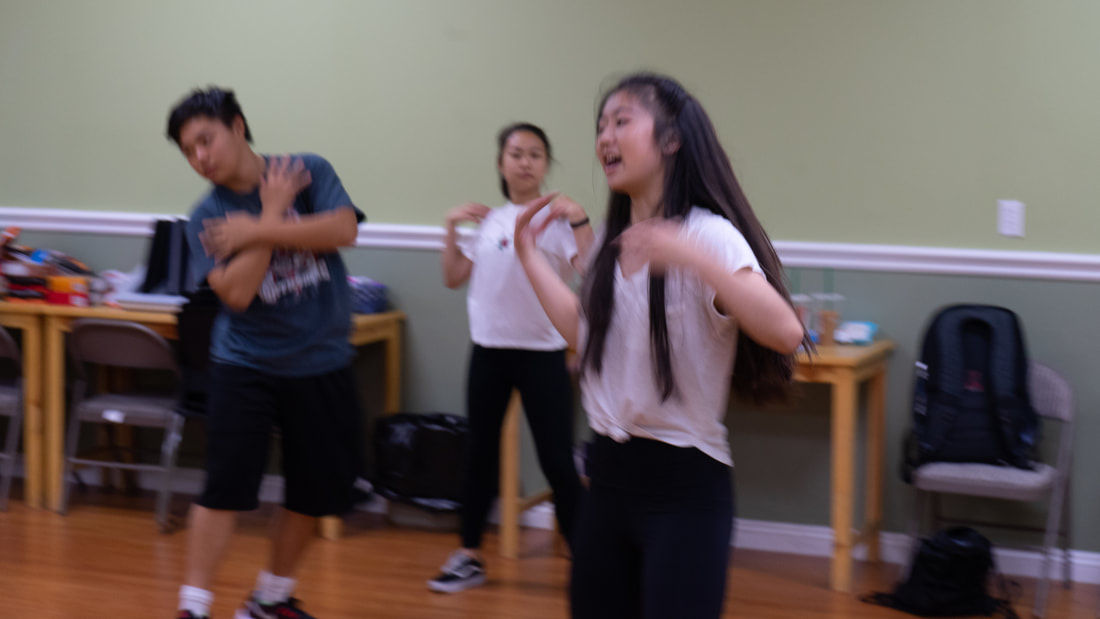
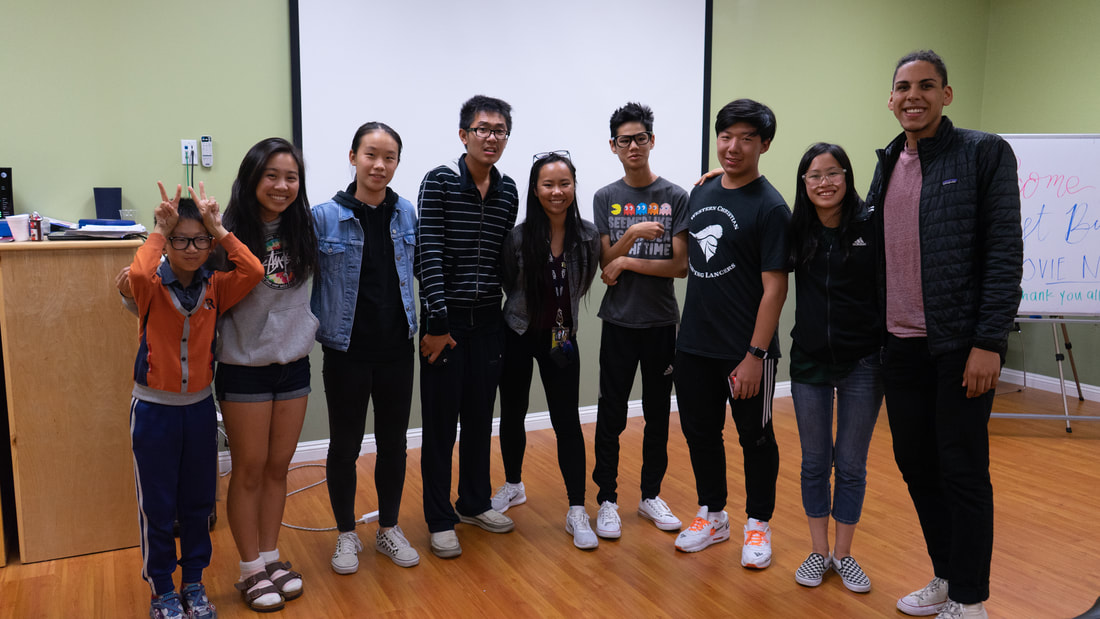
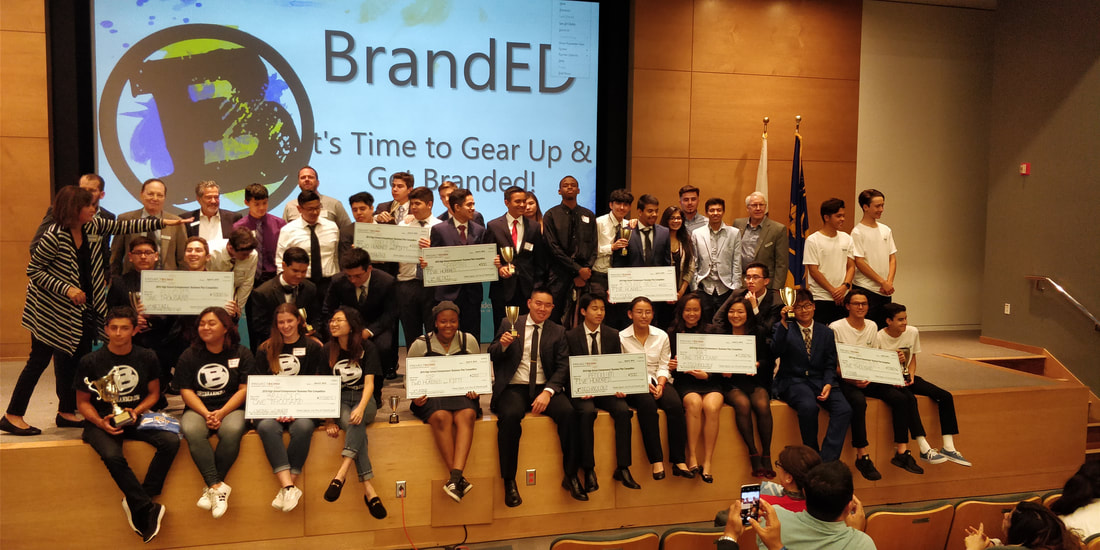
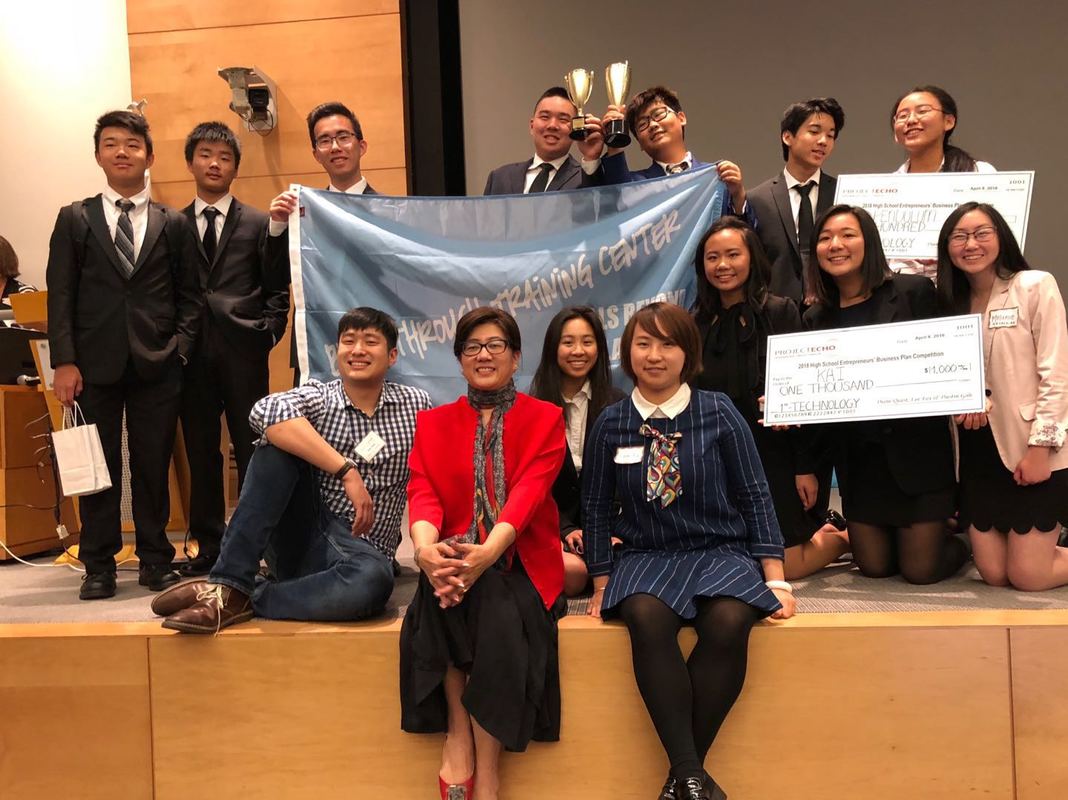
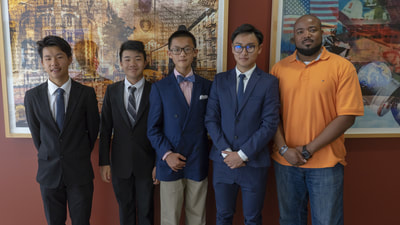
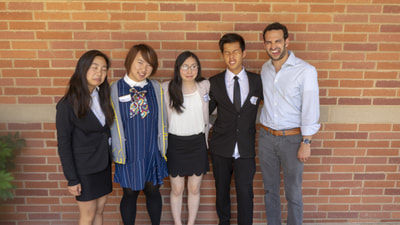
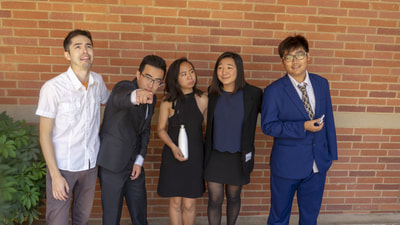
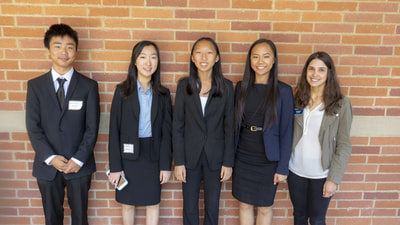
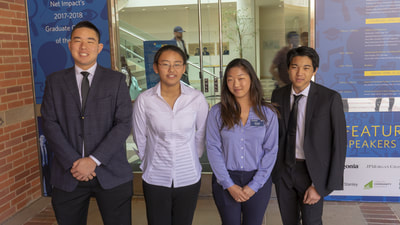
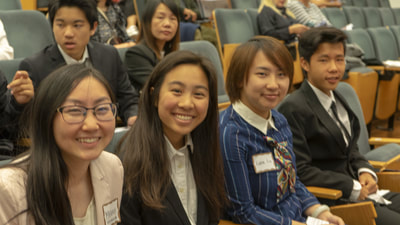
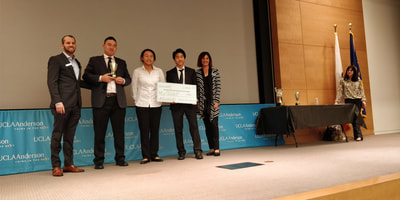
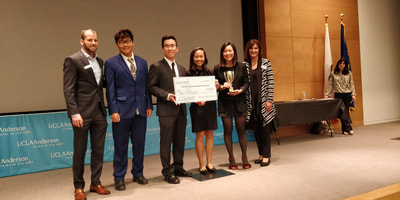
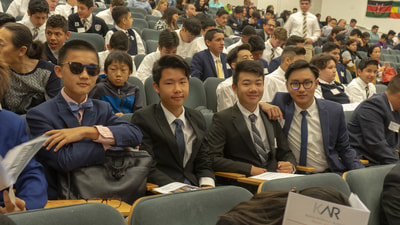
 RSS Feed
RSS Feed